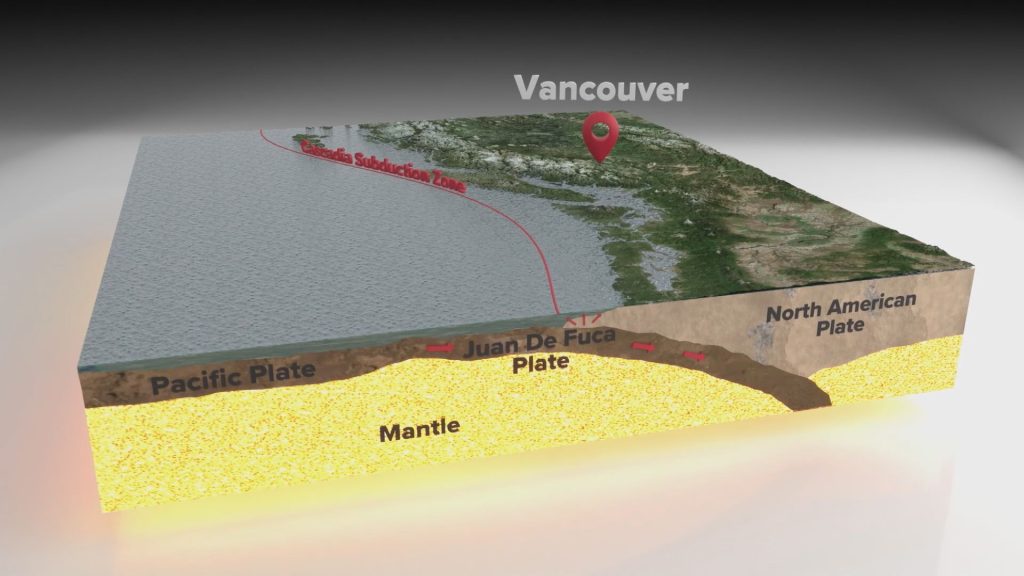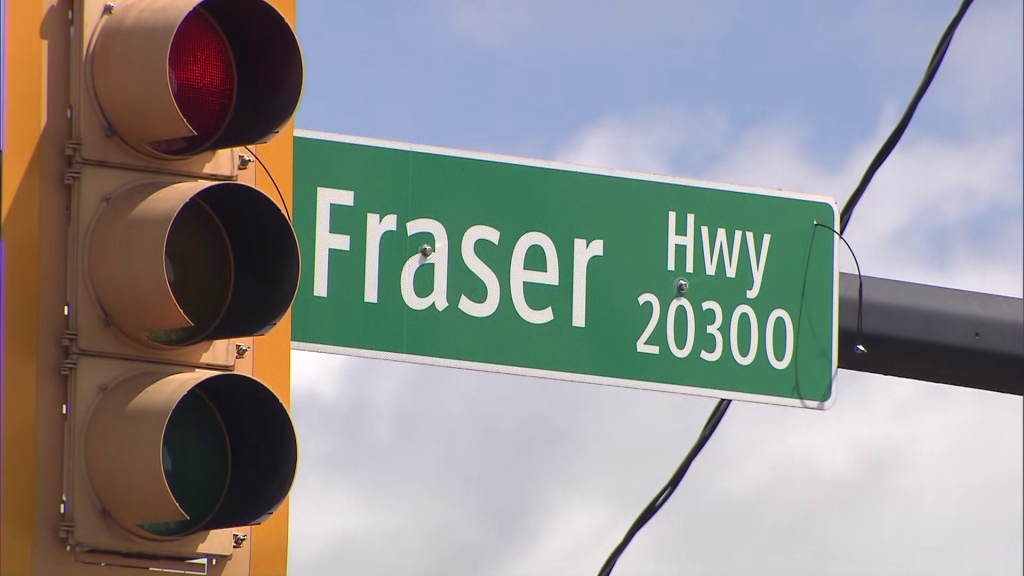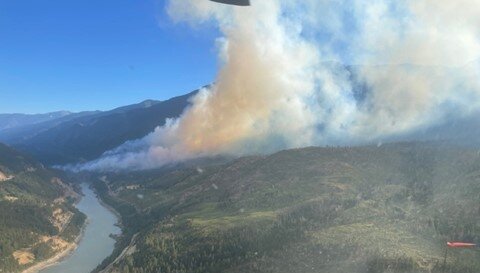Experts say the tsunami advisory, issued by Emergency Info BC on Tuesday at 6:41 p.m., provided an opportunity to ensure that the province’s systems work as expected.
“It was a good practice event,” explained Lucinda Leonard, Associate Professor of Earth and Ocean Science at the University of Victoria.
B.C. Premier David Eby agreed. “It was a trial run. Fortunately, we did not see a huge impact here in B.C., but we could have,” he said on Wednesday.
An earthquake struck off the coast of Russia on Tuesday at 4:24 p.m. Pacific Standard Time.
The quake prompted tsunami warnings and evacuations for countries around the Pacific, including the west coast of Canada.
In B.C., a tsunami advisory was issued for most of the coast, urging people to stay away from the shorelines.
It was lifted Wednesday morning after the province saw waves less than 30 centimeters high.
Related:
John Clague, Emeritus Professor of Earth Science at Simon Fraser University, says those waves are not to be underestimated.
“If you were standing along the shore, you would have seen the water come up much higher than you would expect,” he said.
“These smaller waves, they sound like they’re really small in height, but you are starting to get towards a threshold where those waves could have been damaging,” Leonard emphasized.
While the impact to B.C. ended up being minimal, experts say it was also a good trial run because of the ongoing threat of an earthquake along the Cascadia subduction zone.
“If this happened, then that’s really close. Then, B.C. will not have like hours of time,” warned Katsu Goda, Associate Professor of Earth Science at Western University.
“It needs to be acted on within 10 minutes, 20 minutes, to get the evacuation done.”
There have been no reports of any serious injuries or damage in B.C.





